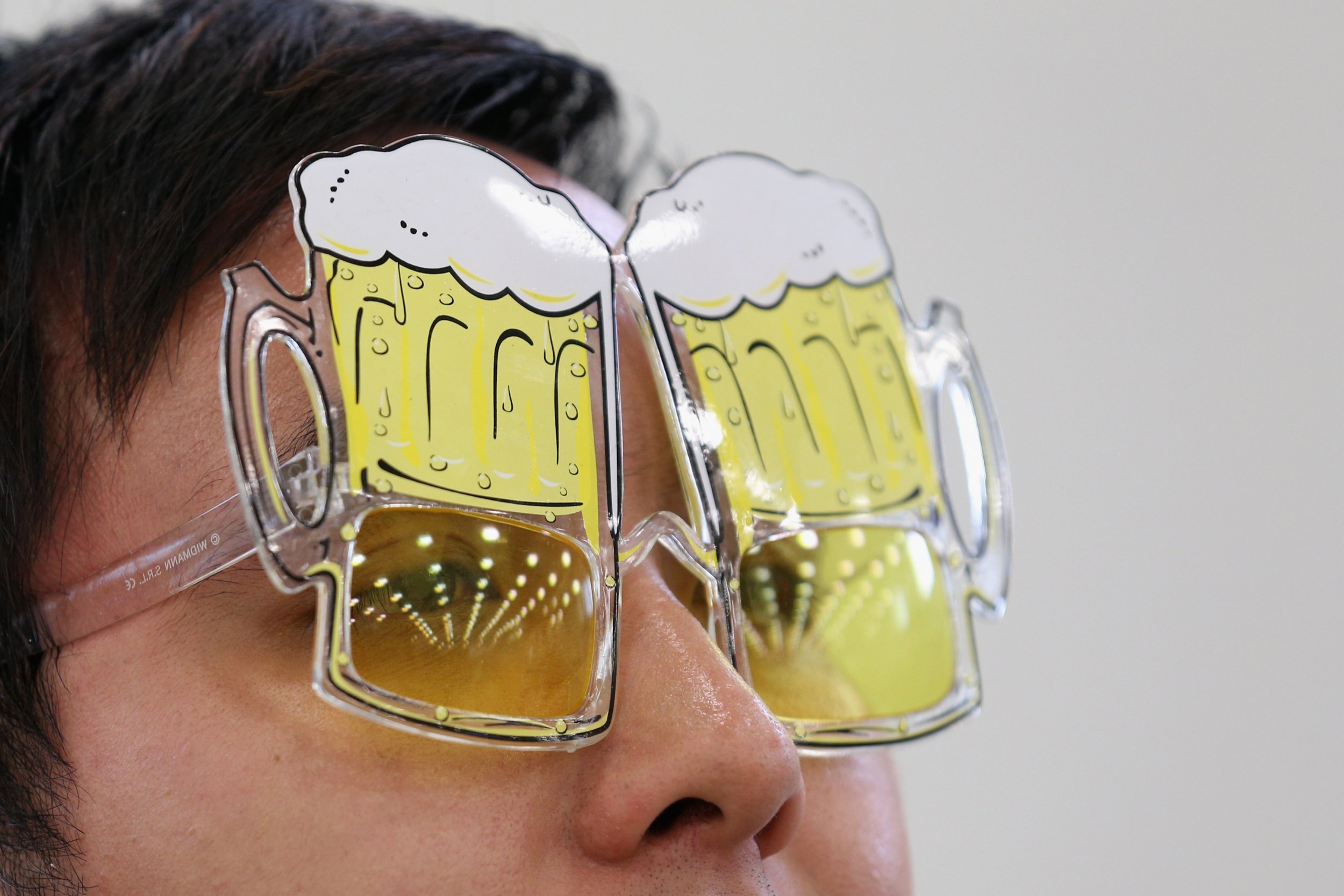

And this market is so lucrative that criminal groups are willing to go to war over it.īut is it actually possible to draw back the harsh, punitive criminalization of drugs in America without ending up at full commercial legalization and gravely risking public health? In the US, the focus typically falls on the incarceration of nonviolent drug users and militarized expansion of police powers.Īround the world, the war on drugs has an even more destabilizing impact: It creates a black market for drugs that finances criminal groups' violent operations, especially in poorer countries where drugs are produced and trafficked to wealthier nations (like the US). Related How one renegade country could unravel America's war on drugsĪt the same time, there is a great interest in pulling back or eliminating some of the unintended consequences of the drug war. It's hard to imagine they're willing to go much further with more dangerous drugs. Some of the letter's signatories, such as Sanders, are just now coming around to marijuana legalization.

Surely, almost no one wants to see cocaine or heroin sold at CVS. These circumstances led more than 1,000 world leaders, including Bernie Sanders, to call for an end to the "disastrous" war on drugs in a recent letter to UN Secretary General Ban Ki-moon.īut what exactly does it mean to end the war on drugs? And drug use and trafficking haven't declined by an appreciable amount for decades. Mexico has suffered from tens of thousands of deaths annually as the black market for drugs finances drug cartels that are so powerful they can wage war against governments and conquer cities. The US is now in the middle of an opioid painkiller and heroin epidemic that has killed tens of thousands each year, despite tough-on-crime policies enforced under the drug war. Decades into the war on drugs, the world doesn't have much to show for it.


 0 kommentar(er)
0 kommentar(er)
